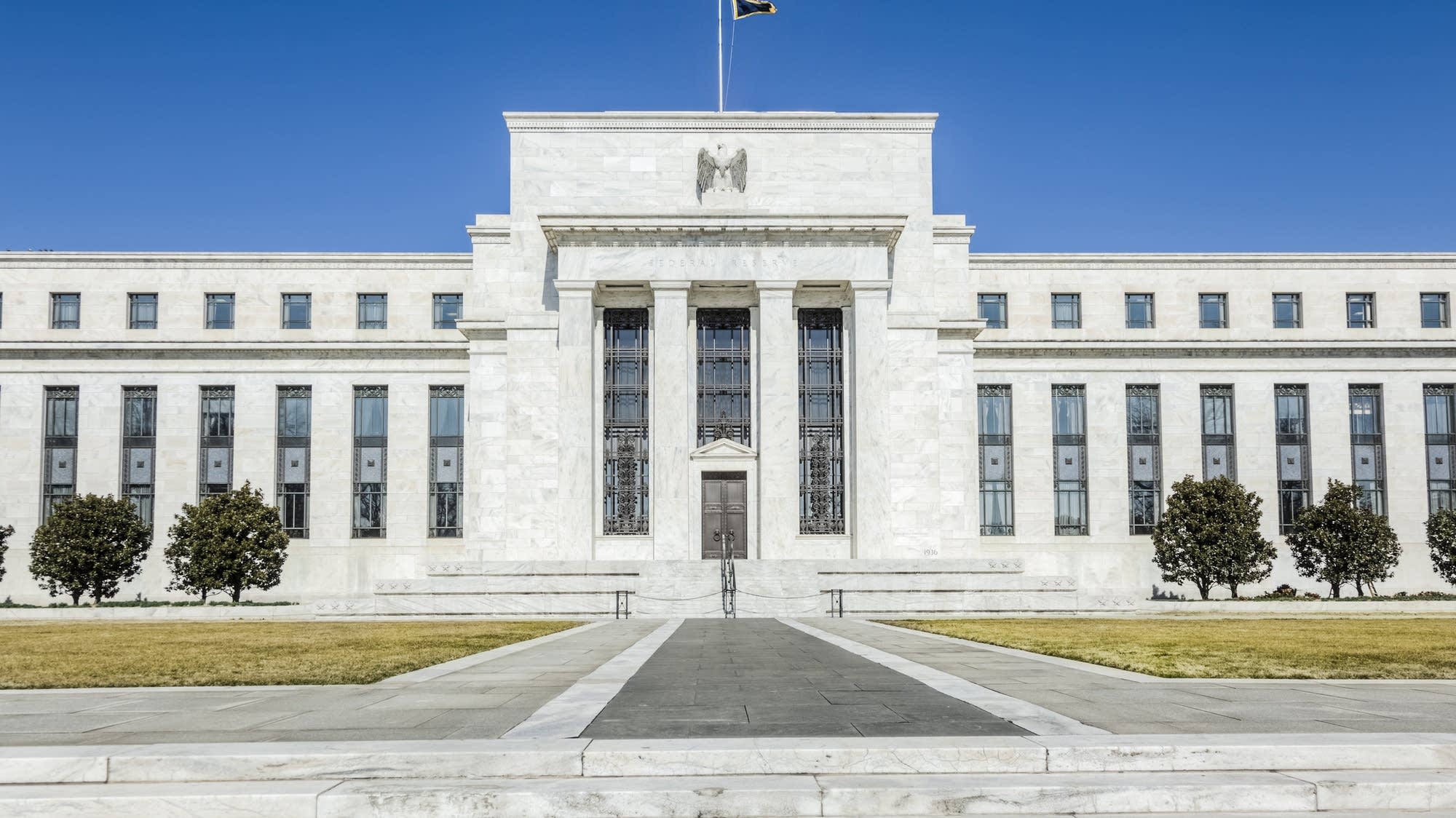The Federal Reserve published its August Beige Book on Wednesday. That’s the Fed’s mostly anecdotal view of what’s changing in the economy. Overall, not is much new.
Most Fed districts reported “little or no change” in economic activity compared to July. But there was a shift in one particular corner of the economy: Nearly every district reported a modest rise in demand for loans.
The surveys that go into the Beige Book aren’t exactly scientific. So, Charles Calomiris, professor emeritus at Columbia Business School, doesn’t read too much into the rising loan demand.
“It shows that the economy hasn’t collapsed,” said Calomiris.
And small businesses are doing their share.
“One of the largest upticks that we’ve seen in this last quarter has been in the really small community banks, which tends to be small businesses going for the loans,” said David Schiff of FTI Consulting.
That rings true for Robert James II, CEO of Carver Financial Corporation, which owns community banks in Georgia and Alabama.
“Just in the past few days, we started to see some promising small business loan applications: health care related projects, community development projects like affordable housing,” James said.
The reason for these new loan applications is what James called the “settling-in factor” after months of chaotic policy from the White House.
“The business community is starting to get a little bit more comfortable, with where the economy is going to be going from a policy perspective,” James said. “And so, some of those projects that were sitting on the sidelines are starting to come around.”
But not everyone is off the sidelines just yet. Brad Bolton is CEO of Community Spirit Bank in northern Alabama, where he often lends to businesses in the timber industry, to help them buy new machinery.
“We’re talking about bulldozers, skidders, log loaders, that kind of stuff,” Bolton said.
And he’s seen a slowdown in these loan applications.
“It seems like everyone is just trying to make use of what equipment that they have,” Bolton said.
Bolton stated his clients don’t want to finance anything new until borrowing costs come down.
“That’s the main thing that I hear right now is, unless they just absolutely have to replace something because of age repair or just breakdown in, in general, most folks are just saying, ‘I’m gonna wait a few months and see what interest rates do,’” Bolton said.
And if interest rates fall later this year, Bolton expects a surge of new loan applications.
2025-09-05 17:28:00
